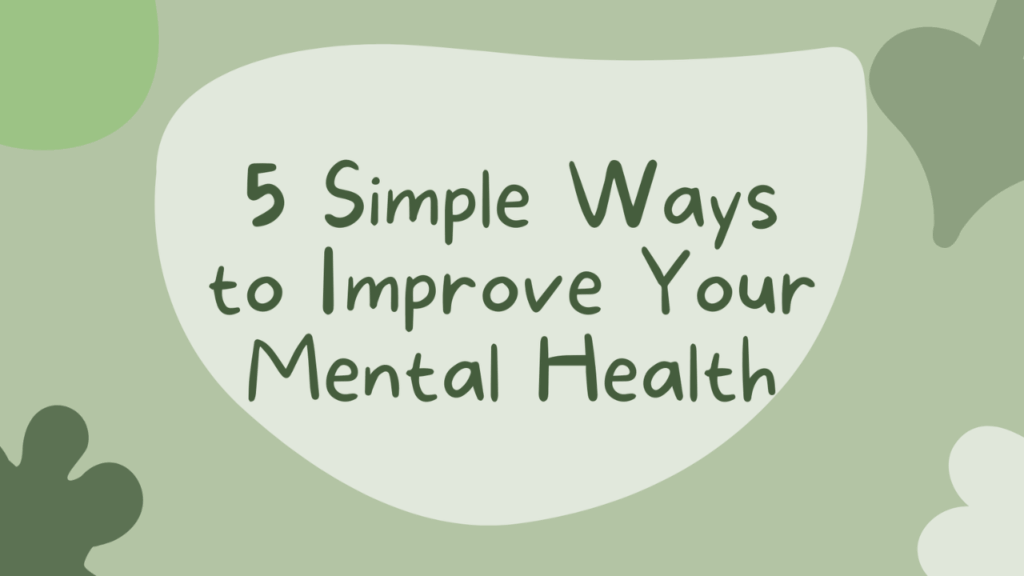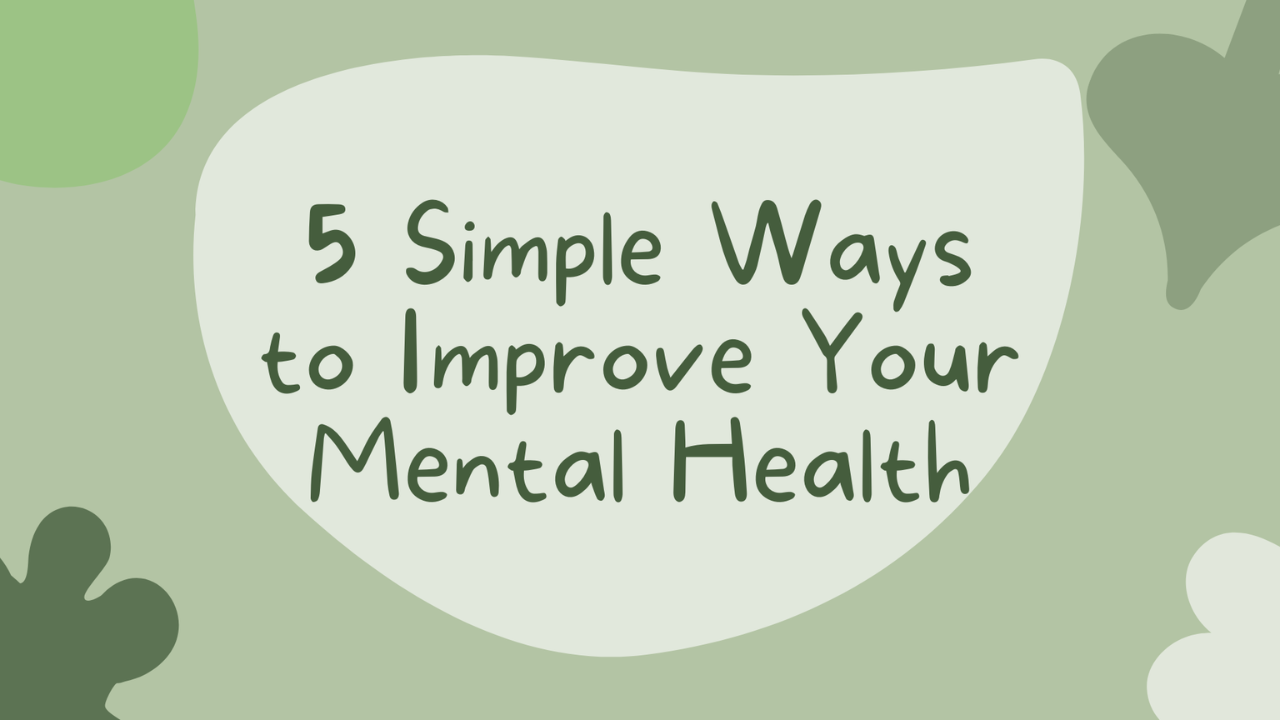
In today’s digital world, constant pings, buzzes, and pop-up alerts can leave us feeling overwhelmed. Notifications are designed to grab attention, but too many of them create stress, break focus, and reduce productivity. This phenomenon, known as notification stress, affects both adults and children, impacting sleep, mental health, and overall well-being.
The good news is that with intentional habits, you can regain control over your devices. Let’s explore simple, practical tips for reducing notification stress and creating a healthier digital balance.
Why Notifications Cause Stress
Notifications may seem harmless, but their psychological effects are significant:
- Interrupted focus: Each ping breaks concentration, leading to “attention residue.”
- Stress and anxiety: Constant alerts trigger the brain’s stress response.
- Reduced sleep quality: Late-night notifications disrupt rest.
- Digital dependency: Frequent alerts encourage compulsive checking.
Understanding this impact is the first step toward change.
Simple Tips to Manage Notification Stress
1. Turn Off Non-Essential Notifications
Most notifications aren’t urgent. Go through your apps and disable alerts for games, promotions, or social media updates that don’t add value.
2. Use “Do Not Disturb” Mode
Enable Do Not Disturb during work hours, family meals, or sleep. This feature allows you to silence distractions while still permitting important calls.
3. Schedule Notification Checks
Instead of responding instantly, set specific times (e.g., morning, afternoon, evening) to check messages and updates. This creates boundaries and prevents overwhelm.
4. Prioritize Notifications
Many phones allow “priority mode,” where only chosen apps or contacts can send alerts. Keep it limited to essentials like calls from family or urgent work messages.
5. Silence Group Chats
Large group chats can generate dozens of alerts in minutes. Mute them and check when convenient.
6. Remove Red Badges and Pop-Ups
App icon badges and pop-up alerts tempt you to check constantly. Removing these visual triggers helps reduce stress.
7. Create Tech-Free Zones
Designate spaces like the dining table, bedroom, or study area as notification-free zones. This fosters mindful use and reduces dependence.
8. Use Focus Apps
Apps like Forest, Freedom, or built-in screen time tools help manage distractions by blocking notifications when you need deep focus.
Benefits of Reducing Notifications
By taking control of alerts, you’ll notice:
- Improved productivity: Fewer interruptions mean better focus.
- Lower stress levels: Reduced digital noise calms the mind.
- Better sleep: No late-night disruptions.
- Improved relationships: More present and mindful interactions.
- Greater self-control: Less compulsive checking of devices.
Table: Notification Habits and Their Effects
| Habit | Stress Impact | Healthier Alternative |
|---|---|---|
| Constant checking of phone | High anxiety and distraction | Scheduled notification checks |
| Allowing all app alerts | Overwhelming digital noise | Only essential apps enabled |
| Late-night notifications | Poor sleep and restlessness | Do Not Disturb during bedtime |
| Group chat alerts | Continuous interruptions | Mute and check at chosen times |
| Visual red badges | Compulsive checking behavior | Turn off badges and alerts |
Practical Steps to Start Today
- Audit your apps and disable unnecessary notifications.
- Schedule “focus hours” where notifications are silenced.
- Keep your phone away from your bed at night.
- Replace morning scrolling with journaling, reading, or stretching.
- Check in with how you feel after reducing alerts—most people report less anxiety and more clarity.
Overview Table
| Step | Action to Take | Benefit |
|---|---|---|
| Turn off non-essential alerts | Disable promotions, games, social media | Reduces digital clutter |
| Use Do Not Disturb | Activate during work/sleep | Creates calm and focus |
| Schedule checks | Set 2–3 times daily | Prevents constant interruptions |
| Prioritize notifications | Allow only essentials | Keeps important alerts visible |
| Silence group chats | Mute unnecessary threads | Cuts down excessive pings |
| Remove red badges | Hide visual triggers | Less temptation to check constantly |
Final Thoughts
Notification stress is not just an inconvenience—it can impact your health, productivity, and happiness. By turning off non-essential alerts, creating focus-friendly environments, and practicing mindful phone habits, you can reclaim control over your digital life. Small changes add up to big relief, making your days calmer and more focused.
3 Quick FAQs
Q1. Why do notifications cause so much stress?
They interrupt focus, overstimulate the brain, and create anxiety about constant responsiveness.
Q2. Should I turn off all notifications?
Not all—keep only essential alerts like family calls or urgent work messages.
Q3. How quickly will I notice benefits after reducing notifications?
Most people feel less stressed and more focused within just a few days.

